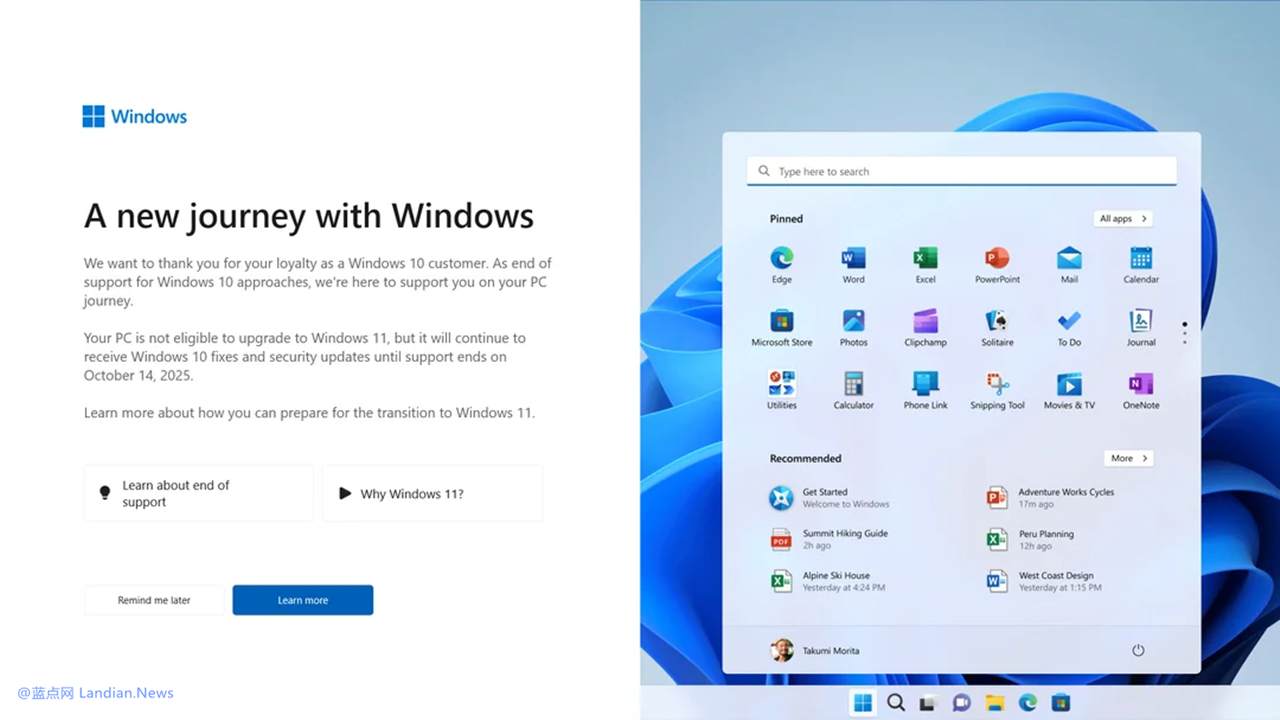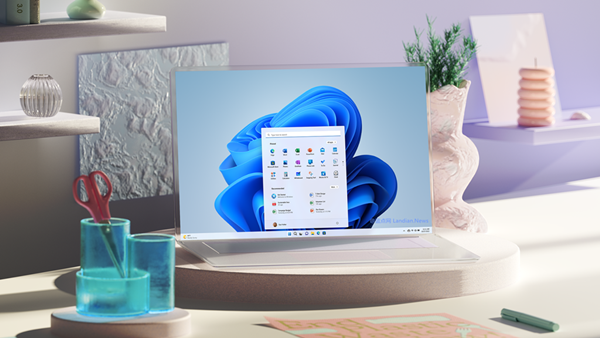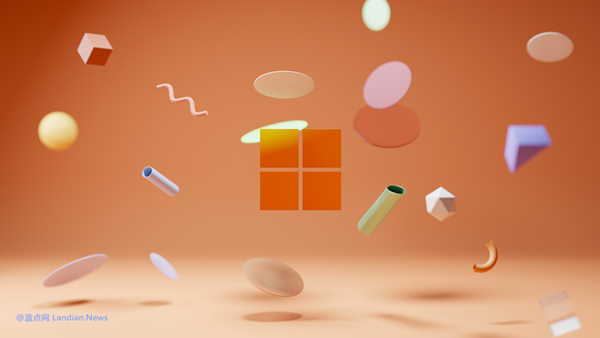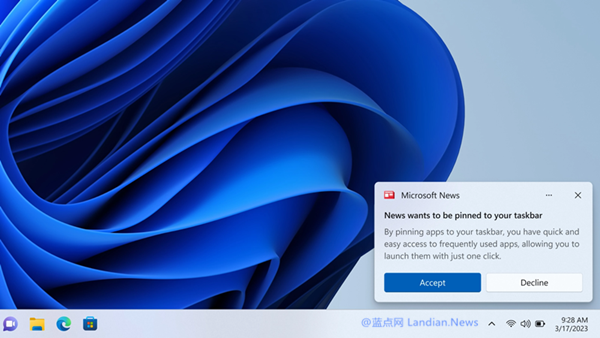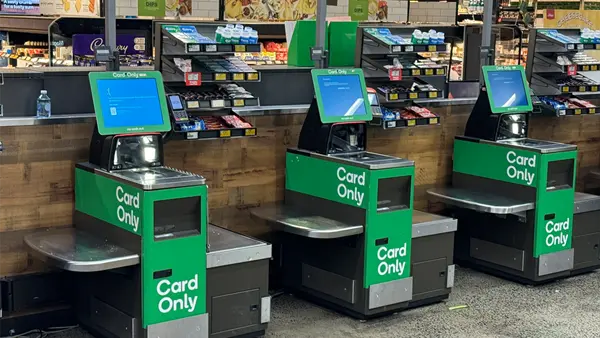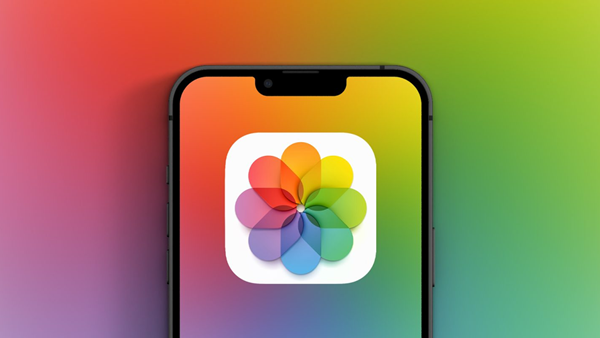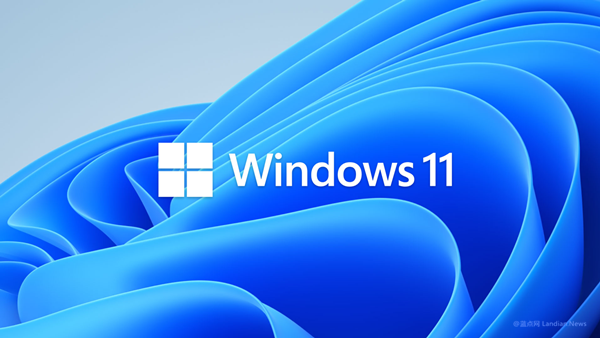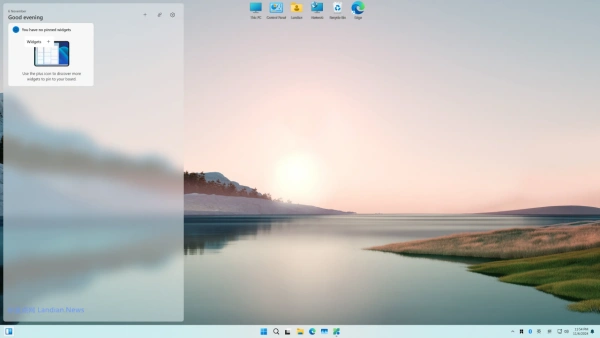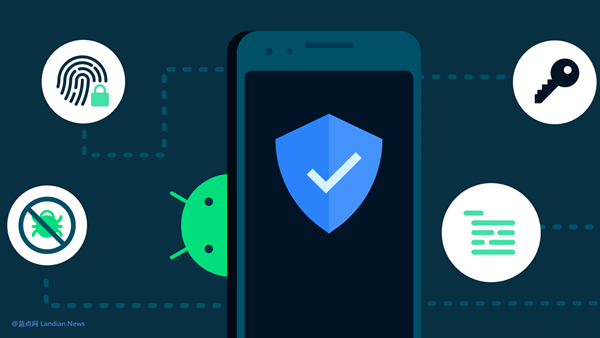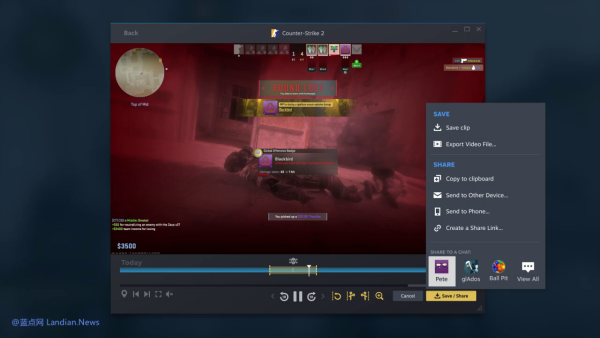Microsoft Pauses Full-Screen Pop-Up Reminders for Windows 11 Upgrade Due to Interruptions to Some Business Users
Microsoft has been frequently deploying full-screen pop-up messages encouraging users to upgrade from Windows 10 to Windows 11, as support for Windows 10 is set to end in October 2025. These reminders, which cannot be permanently dismissed, have been a constant for users, popping up time and again, urging an upgrade.
However, Microsoft has now confirmed that it is pausing these full-screen upgrade reminders. The original intention was for these reminders to target only Windows 10 Home users, not those on business editions. Yet, in practice, business edition users have also been receiving these upgrade prompts.
This isn't a new scenario for Microsoft. For instance, the Windows Backup application, intended solely for personal and home use, was also pushed to business edition users, who then found the application non-functional. This highlights issues within Microsoft's push notification system.
In a recent Microsoft 365 update announcement, the company stated that based on user feedback, it is pausing these Windows 11 full-screen upgrade reminders. However, this is only a temporary measure, and the reminders are expected to resume later.
Microsoft emphasized that currently, neither managed nor unmanaged devices, including those used by home users, will receive these upgrade prompts. Going forward, only unmanaged devices will be targeted for reminders, while business-managed devices will be exempt, as upgrade decisions for these devices lie in the hands of enterprise IT administrators.
Unmanaged business editions or devices include:
- Windows 10 Professional and Professional Workstation editions
- Devices added to a cloud or traditional domain
- Devices not managed by IT department tools
These devices will be treated as unmanaged and will receive full-screen upgrade prompts alongside Windows 11 Home users (Home/Professional editions). However, due to Microsoft's oversight, devices that do not meet Windows 11 hardware requirements may still receive these reminders.
Given that Windows 10's lifecycle has only one year left, Microsoft has limited options but to persistently remind users to upgrade to ensure they receive security updates beyond next year.
